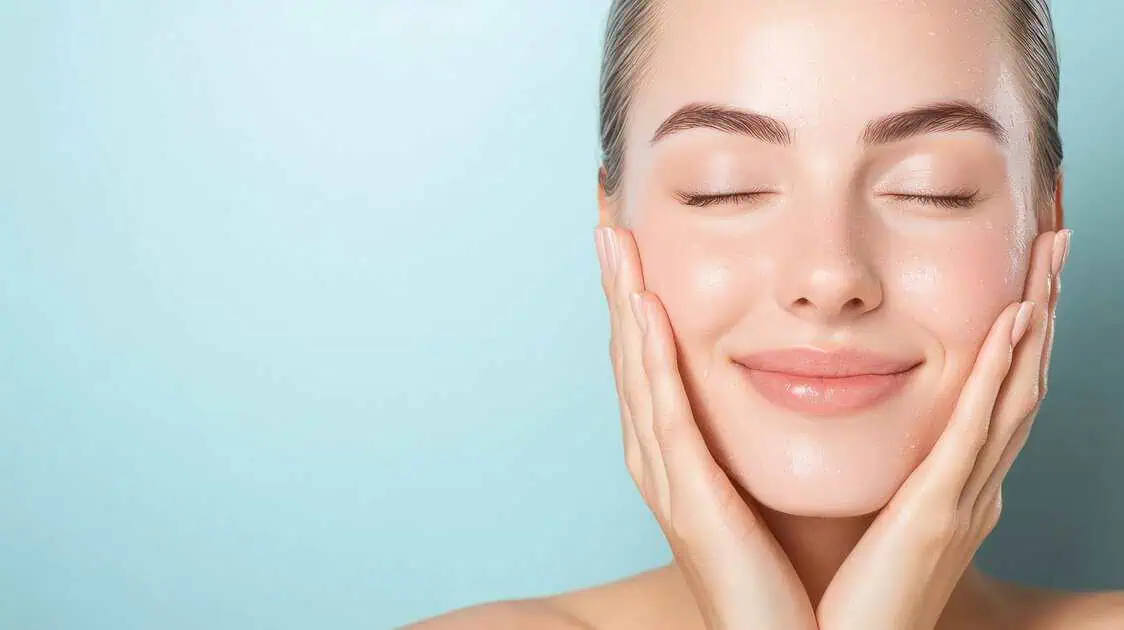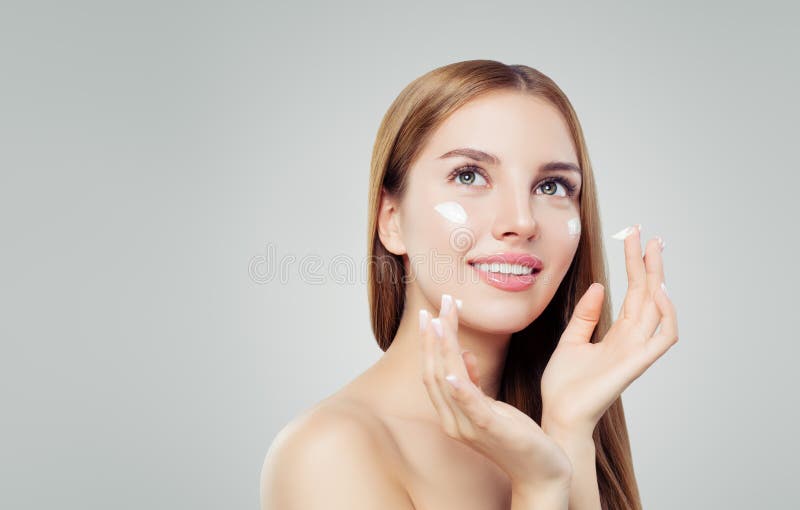How to Hydrate Skin From Within: A Beautician's Guide
In the quest for radiant and youthful skin, hydration plays a pivotal role. While topical treatments are essential, understanding how to hydrate skin from within provides a more comprehensive approach to skincare. This article delves into the science and art of nourishing the skin from the inside out, offering insights and tips that every beautician will find invaluable.

The Importance of Internal Hydration
As a beautician, you understand the intricacies of skin health. The surface often reflects whats happening internally. Dehydrated skin can lead to dullness, fine lines, and a compromised barrier function. By focusing on internal hydration, you can offer your clients a holistic strategy that complements their topical regimen.
Our skin functions as a barrier, protecting us from external aggressors. However, this barrier is heavily dependent on the skin's hydration levels. When our bodies are well-hydrated, it shows through our skin, making it appear plump, elastic, and glowing. But how can we effectively hydrate our skin from within?
Understanding Skin's Hydration Needs
Before diving into the methods, its crucial to understand what the skin needs. The skin's outer layer, the stratum corneum, relies on moisture to maintain its integrity and function. This moisture primarily comes from our body's water content and the natural oils that our skin produces.
Dehydration can compromise the skin's ability to perform its protective role. This is why drinking adequate water is often emphasized. However, water alone isn't enough. The body needs a balance of electrolytes and nutrients to ensure that water is effectively utilized and retained.
Dietary Choices for Skin Hydration
Nutrition is a cornerstone of skin health. Foods rich in omega-3 fatty acids, like salmon and chia seeds, help maintain the lipid barrier, which is essential for moisture retention. Antioxidant-rich foods, such as berries and green leafy vegetables, combat free radicals, which can dehydrate the skin.
Incorporating foods high in water content, like cucumbers, watermelon, and oranges, can also boost hydration. These foods not only provide water but also essential vitamins and minerals that support skin health. For more insights on maintaining a balanced diet that supports skin health, you can explore this skincare routine guide.
Supplements and Their Role
Supplements can be a valuable addition to a skincare routine, especially for those who might not get enough nutrients from their diet alone. Hyaluronic acid supplements, for example, are known to draw moisture into the skin. Collagen supplements can also support skin elasticity and hydration.
However, as a beautician, it's essential to recommend reputable brands and advise clients to consult healthcare professionals before starting any supplement regimen. For more details on the benefits of specific skincare ingredients, you can read about salicylic acid and its effects on the skin.
Lifestyle Factors Affecting Skin Hydration
Beyond diet, lifestyle choices significantly impact skin hydration. Factors like sleep, stress, and environmental exposure can either enhance or hinder the skin's ability to retain moisture.
The Impact of Sleep and Stress
Adequate sleep is paramount for skin health. During sleep, the body repairs and regenerates cells, including those in the skin. Lack of sleep can disrupt this process, leading to dull and dehydrated skin. Similarly, stress triggers the release of cortisol, which can impair the skin's barrier function and increase dehydration.
Encouraging clients to adopt relaxation techniques, such as yoga or meditation, can be beneficial. These practices not only reduce stress but also improve overall well-being, which is reflected in the skin's appearance.
Environmental and External Factors
Environmental factors, like pollution and UV exposure, can dehydrate the skin. Advising clients to use protective measures, such as sunscreen and antioxidant serums, can help mitigate these effects. For more tips on protecting the skin from environmental damage, consider reading this article on the difference between lotion and cream.
Integrating Internal Hydration into Skincare Routines
As a beautician, one of your roles is to guide clients towards comprehensive skincare routines. This involves integrating internal hydration strategies with topical treatments.
When discussing skincare products, emphasize the importance of using moisturizers that complement the body's natural hydration processes. For instance, products containing hyaluronic acid or glycerin can help draw moisture into the skin.
For those interested in a simplified skincare routine, this guide to skincare offers valuable insights.

FAQs
What are the best foods for skin hydration?
Foods high in water content, omega-3 fatty acids, and antioxidants, like cucumbers, salmon, and berries, are excellent for skin hydration.
Can supplements replace a healthy diet for skin health?
While supplements can support skin health, they should not replace a balanced diet. It's essential to get nutrients from whole foods whenever possible.
How does stress affect skin hydration?
Stress increases cortisol levels, which can impair the skin's barrier function and lead to dehydration. Managing stress through relaxation techniques can improve skin health.
In conclusion, understanding how to hydrate skin from within is a valuable skill for any beautician. By combining internal and external strategies, you can help clients achieve the radiant, healthy skin they desire. For more insights on maintaining healthy skin, explore this guide on skincare.
This article contains affiliate links. We may earn a commission at no extra cost to you.

